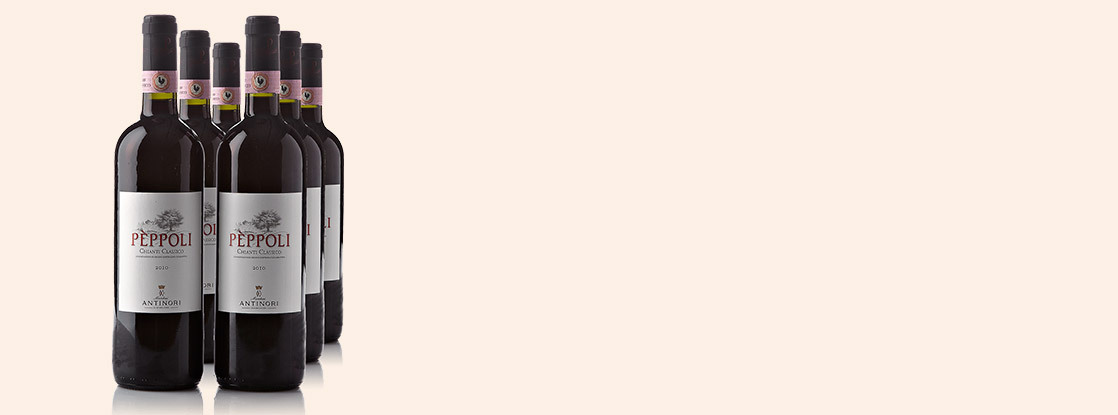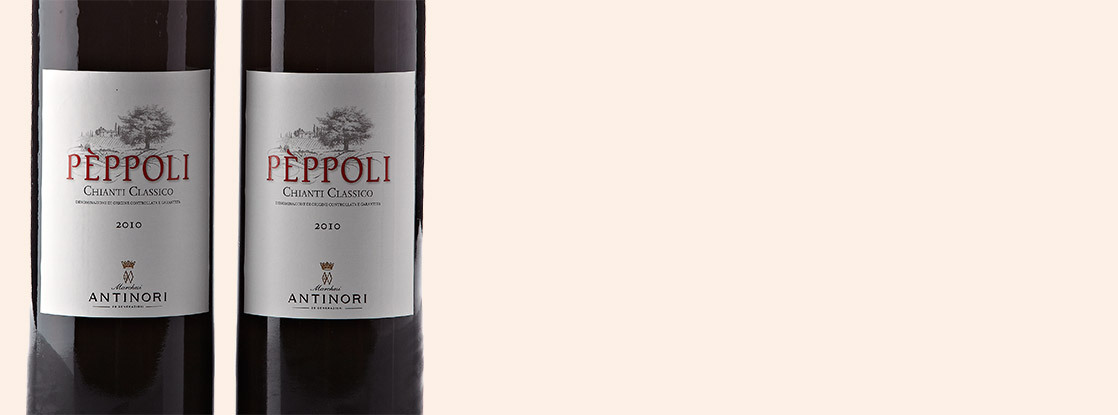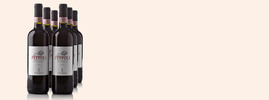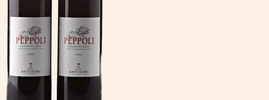

2010 Pèppoli, Antinori
Red • Tuscany • Chianti Classico DOCG • Italy • 90% Sangiovese, 10% Syrah & Merlot • 89/100 Stephen Tanzer
This wine might become available again in limited quantities. Do you want to be informed when?
Pèppoli, Antinori, Tuscany, Italy, Chianti Classico DOCG
This is one of the excellent wines produced by the Marchesi di Antinori. The Antinori family has been involved in the production of wine for over six centuries. Today the firm is run by Marquis Piero Antinori with the support of his three daughters: Albiera, Allegra and Alessia. Tradition, passion and intuition have been the three driving principles which have led the Marquis Antinori firm to become a leader in Italian wine.
Pèppoli was first marketed in 1988 with the presentation of the 1985 vintage. It represented, stylistically, both a well-structured and complex offering and a wine with much fragrance and fruit, a character was made possible by a unique micro-climate. The vineyards are planted in a particularly favorable valley on soils rich in mineral elements, ideal for the cultivation of a Sangiovese full of vitality and fruit. The Pèppoli estate, located in the heart of Chianti Classico, consists of 100 total hectares, 50 of which are planted with vines.
The varieties were fermented separately with the objective of achieving maximum quality in each. The Sangiovese fermented on its skins for approximately 10 days in stainless steel tanks, while the Merlot and Syrah were fermented on their own to obtain wines with soft tannins and much fruit through a careful control of fermentation temperatures. The malolactic fermentation was completed before winter. Early in 2011, the wine was assembled and put into oak, where it remained for about 9 months. The aging took place principally in larger casks of Slavonian oak, with 10% of the wine aged in smaller American oak barrels.


